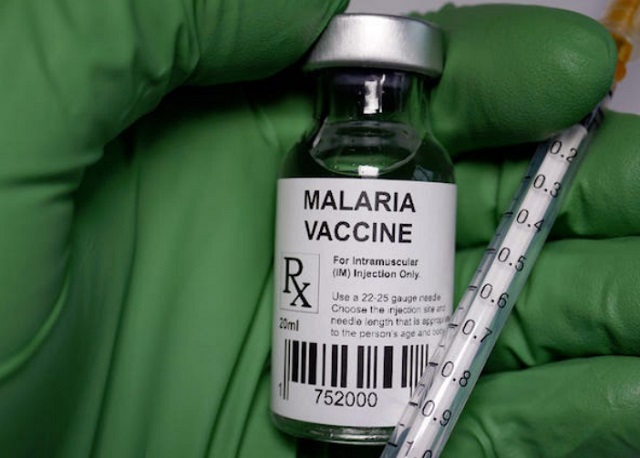
The African region is home to 11 countries that carry approximately 70% of the global burden of malaria
ANALYSIS | AGENCIES | Health Ministers from African nations bearing the brunt of the malaria crisis have pledged to take decisive action to end fatalities caused by the disease. With Africa accounting for 95% of global malaria deaths, the urgency of their commitment cannot be overstated.
The declaration signed by the ministers promises a multifaceted approach to tackle malaria, including stronger leadership, increased domestic funding for malaria control programs, investments in data technology, and the adoption of the latest in malaria prevention and treatment strategies.
The ministers also vowed to improve health sector investments, encourage multi-sectoral collaboration, and forge partnerships for funding, research, and innovation. Their pledge to hold each other accountable underscores a collective determination to significantly reduce malaria mortality.
The conference, a collaborative effort between the World Health Organization (WHO) and the Government of Cameroon, brought together a diverse group of stakeholders, including global malaria partners, funding agencies, and civil society organizations. The goals set forth include reviewing progress towards the WHO global malaria strategy targets, discussing funding and mitigation strategies, and establishing a roadmap for increased political commitment with clear accountability measures.
Manaouda Malachie, Cameroon’s Health Minister, emphasized the shared commitment of the participating nations, stating, “This declaration reflects our shared commitment as nations and partners to protect our people from the devastating consequences of malaria. We will work together to ensure that this commitment is translated into action and impact.”
The African region is home to 11 countries that carry approximately 70% of the global burden of malaria: Burkina Faso, Cameroon, Democratic Republic of the Congo, Ghana, Mali, Mozambique, Niger, NIgeria, Sudan, Uganda and Tanzania.
Progress against malaria has stalled in these high-burden African countries since 2017 due to factors including humanitarian crises, low access to and insufficient quality of health services, climate change, gender-related barriers, biological threats such as insecticide and drug resistance and global economic crises. Fragile health systems and critical gaps in data and surveillance have compounded the challenge.
Funding for malaria control globally is also inadequate. In 2022, US$ 4.1 billion – just over half of the needed budget – was available for malaria response.
Globally the number of cases in 2022 was significantly higher than before the COVID-19 pandemic, rising to 249 million from 233 million in 2019. In the same period, the African region saw an increase in cases from 218 million to 233 million. The region continues to shoulder the heaviest malaria burden, representing 94% of global malaria cases and 95% of global deaths, an estimated 580 000 deaths in 2022.
“Globally, the world has made significant progress against malaria in recent decades and yet, since 2017, that progress has stalled,” said Dr Tedros Adhanom Ghebreyesus, WHO Director-General.
“The COVID-19 pandemic and long-standing threats like drug and insecticide resistance pushed us further off-track, with critical gaps in funding and access to tools to prevent, diagnose and treat malaria. With political leadership, country ownership and the commitment of a broad coalition of partners, we can change this story for families and communities across Africa.”
Echoing the call for action, Dr. Matshidiso Moeti, WHO Regional Director for Africa, praised the declaration for demonstrating strong political will. “Malaria continues to cause preventable deaths in children and great devastation to families across our region. With renewed urgency and commitment, we can accelerate progress towards a future free of malaria,” she said.
WHO emphasizes the importance of sustained commitment at all levels, increased funding, data-driven responses, urgent action on health impacts of climate change, and strong partnerships for a coordinated response to fight malaria.
 The Independent Uganda: You get the Truth we Pay the Price
The Independent Uganda: You get the Truth we Pay the Price



